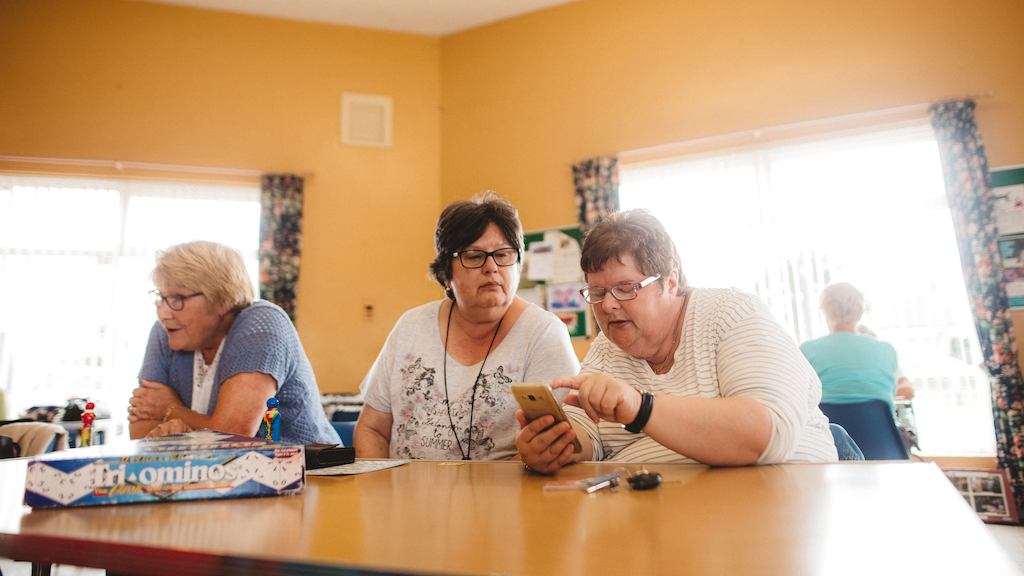But personal circumstances can change in later life - sometimes suddenly and dramatically. Events like bereavement, retirement and worsening health can disrupt the connections that older people rely on, and turn the internet from an optional extra to a vital lifeline - even though they might not recognise this themselves. It’s these moments of change and crisis that bring older people into contact with a wide range of support services, like those provided through the Age Better in Sheffield programme. And it’s these support services which could be used to provide a new way to engage older people with digital, by making it a relevant, integrated part of the support they receive to help them get their lives on track. If, for example, you’re a volunteer helping people to get out and about, you need the skills and confidence to be able to talk to them about finding timetable information online. These limited wins can be incredibly valuable by themselves, but they also open the door to conversations about other online benefits, and broader learning journey.
But we know that, whether digital learning is standalone or embedded in other services, the right kind of support does not come cheap: it requires an open-ended time commitment, patience, tailored learning, and a focus on friendliness and encouragement as much as hard skills. High-volume, low cost-per-head programmes do not give practitioners the resources or flexibility they need to do the job properly. We need a more focused strategy, that does not look at digital behaviour in isolation, does not treat every offline older person as equally disadvantaged, and does not assume that getting them online will solve all their problems.
We hope that our research will lead to many new conversations: between those delivering digital skills and other support services to older people, between researchers and practitioners, between policymakers and those whom policy is designed to help. It’s only by changing the terms of the debate around ageing and digital that we will enable more older people to create, maintain and renew the connections - whether online or offline - that make for a happier, healthier later life.
Photo credit © DANNI \ MAIBAUM
First published by Good Things Foundation.

